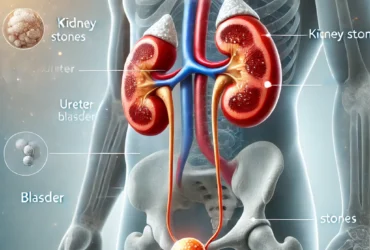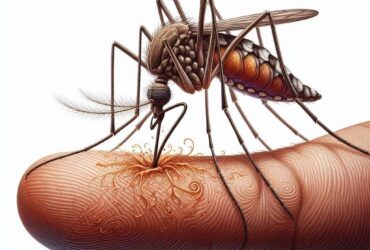Pap smear test (also known as Pap test) is a screening test for cervical cancer.
A Pap smear, also known as a Pap test, is a crucial screening procedure for cervical cancer. It involves collecting cells from a woman’s cervix—the lower, narrow end of the uterus that opens into the vagina—to detect any precancerous or cancerous changes. Regular Pap smears can identify abnormal cells early, allowing for timely intervention and significantly reducing the risk of developing cervical cancer.
Who Should Get a Pap Test?
- Women Aged 21 to 65: It’s recommended that women within this age range undergo regular Pap tests as part of their routine healthcare. Even if you’re not currently sexually active, it’s still advisable to continue with regular screenings.
- Post-Menopausal Women Under 65: Women who have gone through menopause but are younger than 65 should continue regular Pap tests.
- Exceptions:
- Total Hysterectomy: Women who have had a total hysterectomy (removal of the uterus and cervix) and have no history of cervical cancer or abnormal Pap results may not need further Pap tests.
- Women Over 65: Those who have had three consecutive normal Pap tests and no abnormal results in the past decade may choose to discontinue screening.
Preparing for the Test
To ensure accurate results:
- Inform Your Gynecologist: Discuss all medications you’re taking, especially if they include birth control pills containing estrogen or progestin, as these can affect test outcomes.
- Avoid Certain Activities 24 Hours Before the Test:
- Douching
- Engaging in sexual intercourse
- Taking a bath
- Using tampons
- Applying vaginal creams, deodorant sprays, or powders
- Timing: Schedule the test when you’re not menstruating. The optimal time is 10 to 20 days after the first day of your period.
The Procedure
During the Pap test:
- Positioning: You’ll lie on an exam table.
- Speculum Insertion: The gynecologist will gently insert a speculum into your vagina to access the cervix.
- Cell Collection: Using a special stick or brush, the doctor will collect cells from the surface and inside of the cervix.
The collected cells are then placed on a glass slide and sent to a laboratory for analysis. The procedure is quick and may cause mild discomfort but shouldn’t be painful. Some spotting afterward is normal.
Receiving Results
Typically, results are available the next day. Most Pap tests return normal results. If abnormalities are detected, your doctor will contact you to schedule further tests. It’s important to note that abnormal results do not necessarily indicate cancer.
At Advanced Poly Clinic in Kathmandu, the Pap smear test is included in both the Comprehensive Advanced Medical Plan (CAMP) and the Women’s Health Plan (Gynae Package). Regular screenings are essential for early detection and prevention of cervical cancer.
For more information or to schedule a test, please contact Advanced Poly Clinic at Pani Pokhari, Kathmandu.
📞 01-4531078 or 01-4543386






